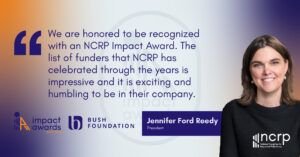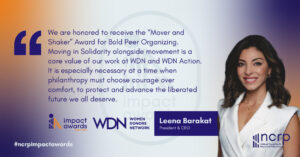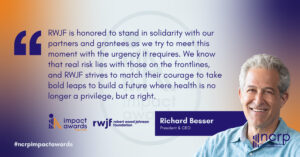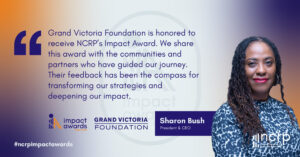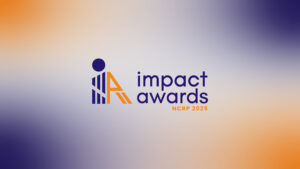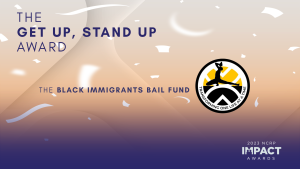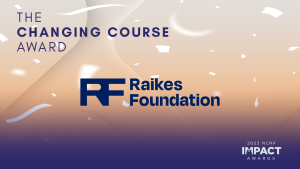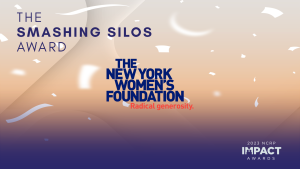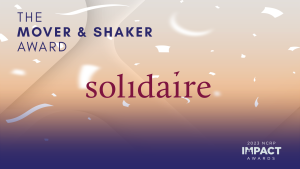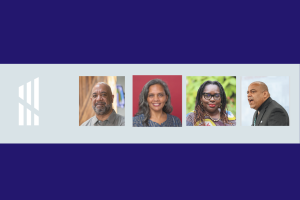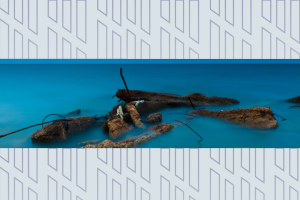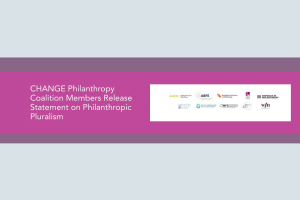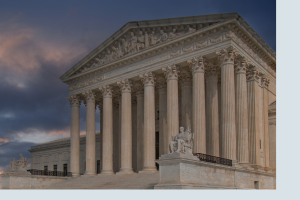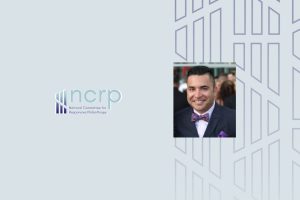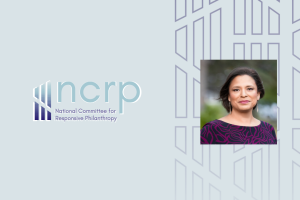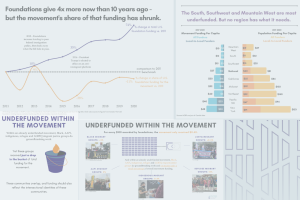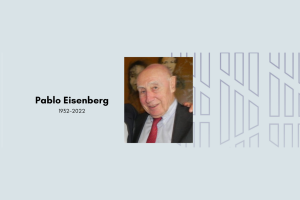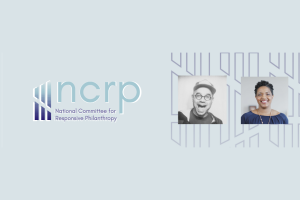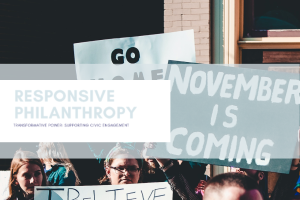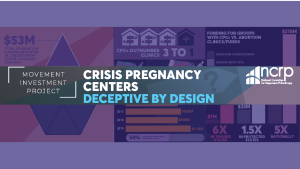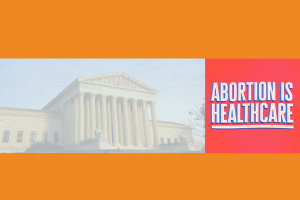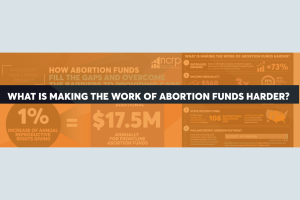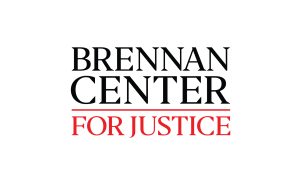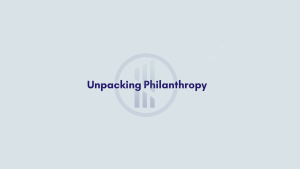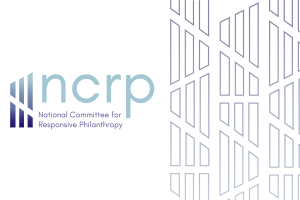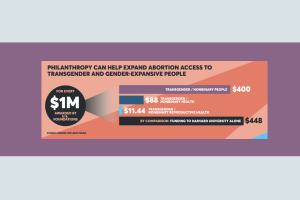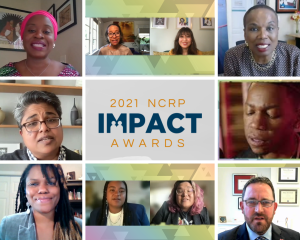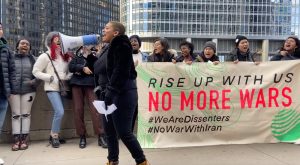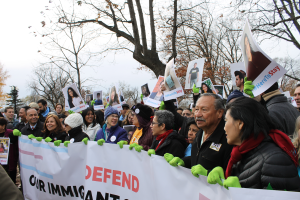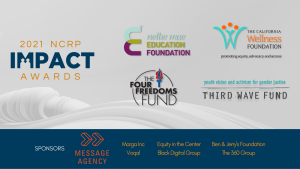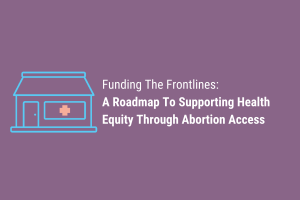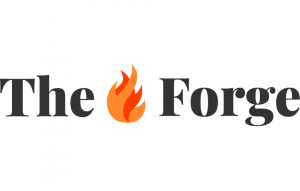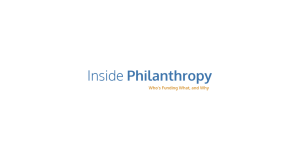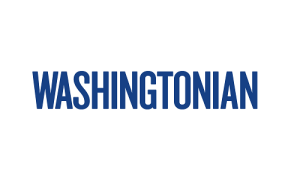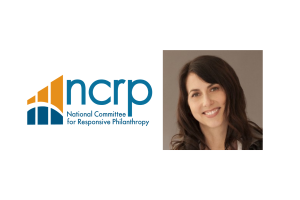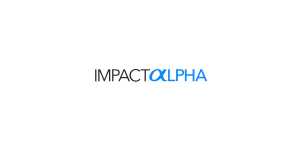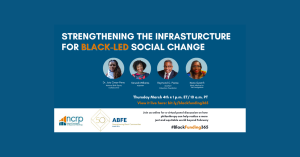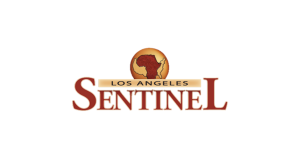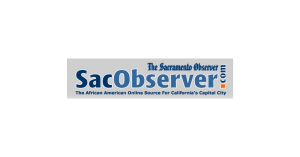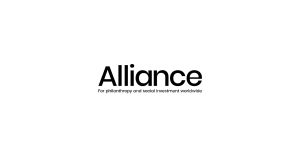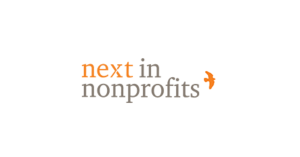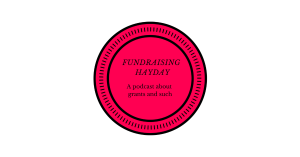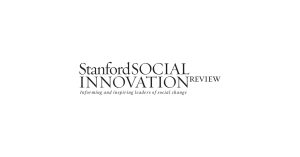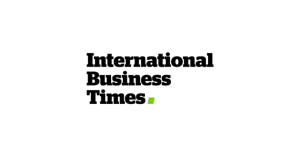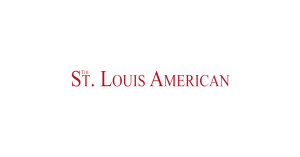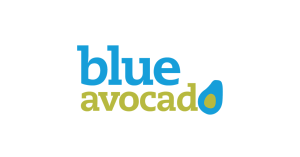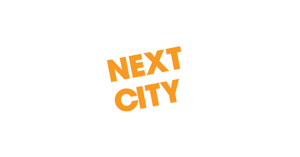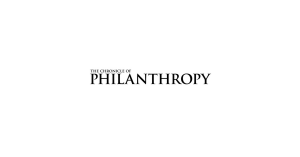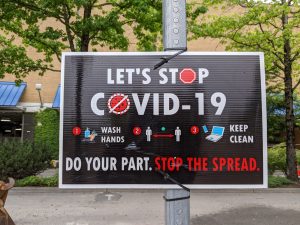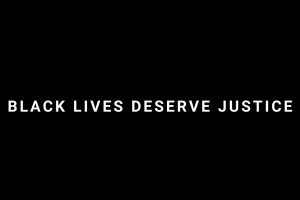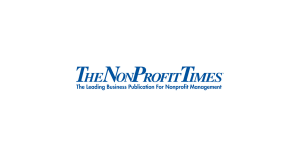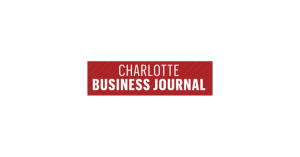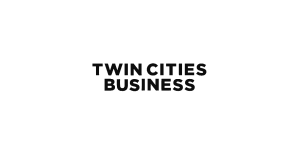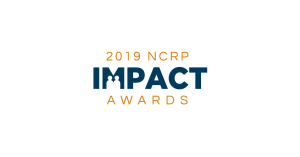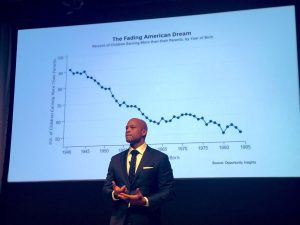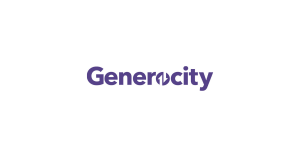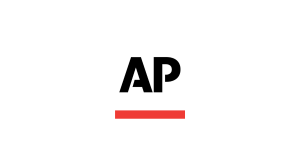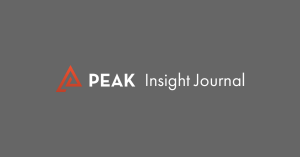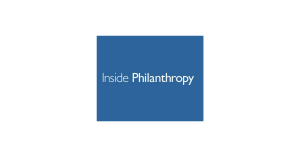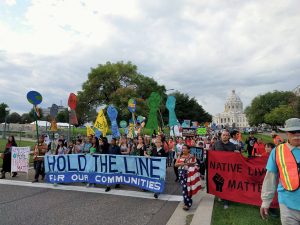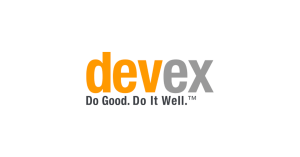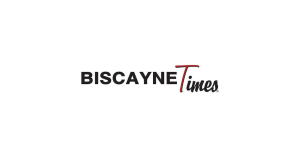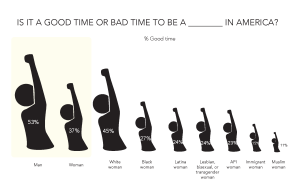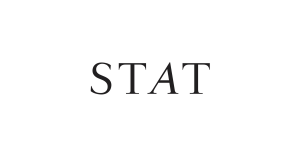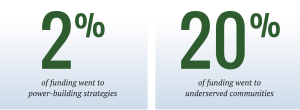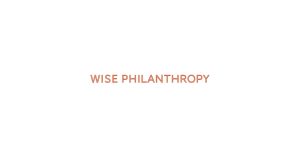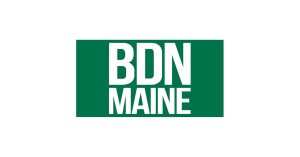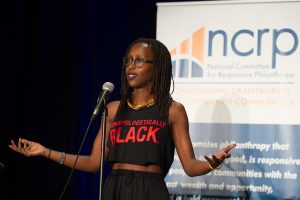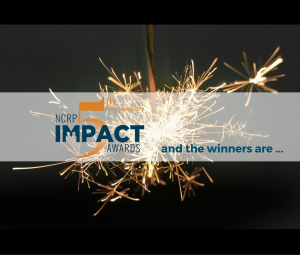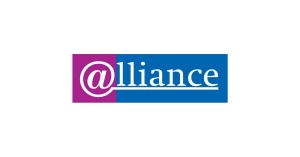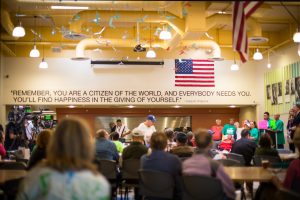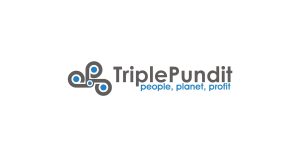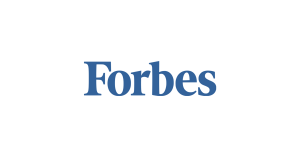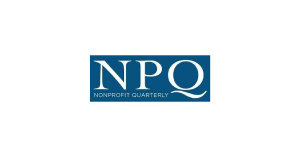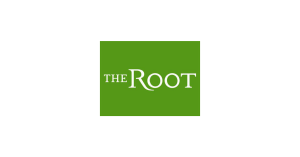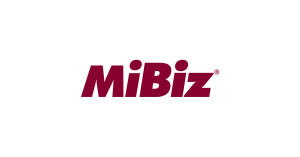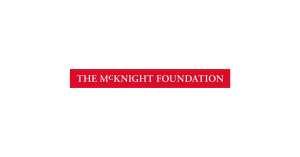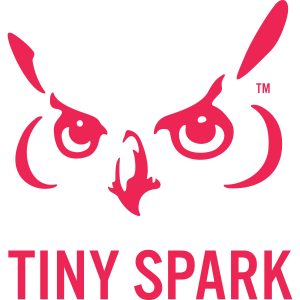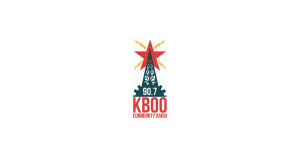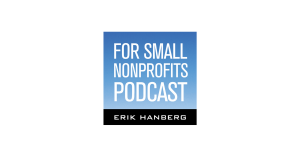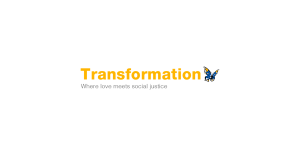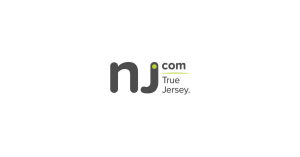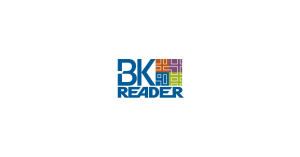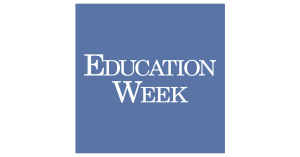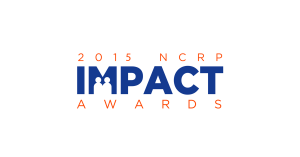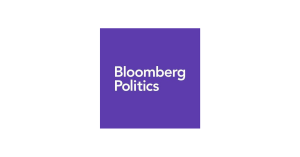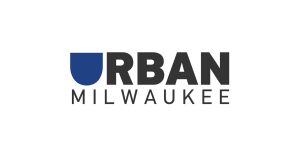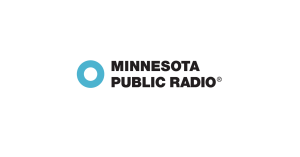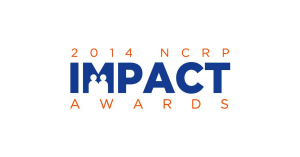Massachusetts-based foundation celebrated for authentically folding in stakeholder feedback and
realigning their grantmaking strategies in support racial equity in education.
WASHINGTON DC – Even before organized protests in 2020 reshaped the national debate around racial justice, the Nellie Mae Education Foundation was on a journey to review and redesign their organizational strategy, culture, and practices through the lens of racial equity.
Interim President & CEO, Gislaine N. Ngounou, Ed.L.D admits that while the road has not been easy, the Foundation is succeeding in advancing a grantmaking strategy that explicitly focuses on racial equity in education by intentionally shifting practices and co-creating and building strategy with a set of community advisors. The moves also include offering more general operating and multi-year support and co-creating goals and outcomes with grantee partners.
“We continue to see the positive work that happens when communities, grassroot organizations, and educators are provided the space and resources to name and advance their own agenda,” said Ngounou. ” From Portland, Maine, to Providence, Rhode Island, young people and families who have historically been left out of school decision-making are transforming their communities through campaigns to break down the inequities of their education systems. It is their voices who need to be at the forefront of this march toward justice—not ours.”
The Nellie Mae Education Foundation is one of four grantmakers that will be honored at the 2021 NCRP Impact Awards on Wednesday, October 27th. The virtual ceremony is one of many events that are taking place as part of CHANGE PHILANTHROPY’s UNITY Summit, an annual gathering of top philanthropic and nonprofit leaders dedicated to exploring, examining and expanding their individual and institutional practices in order to advance equity with an intersectional lens, and with community at the center of their efforts.
SHIFTING GRANTMAKING TO BETTER SUPPORT RACIAL EQUITY IN EDUCATION

NMEF Staff with Community Advisors, 2019 Photo Credit: Nellie Mae Education Foundation
Ngounou stresses that the foundation’s continuing journey to review and reset their organizational strategy, culture, and practices through the lens of racial equity has been an enlightening and rewarding one—full of hope, joy, reflection, and challenges.
“We began this shift when we realized that the goals that we had set out for ourselves could not be actualized without zeroing in on racial equity,” said Ngounou. “We also recognized that if we were truly interested in making transformational change, we’d have to really dig deep and examine the ways that white supremacy culture was showing up within our organizational culture and grantmaking practices.
Over the course of a couple of years, the Foundation built a new grantmaking strategy that sought to explicitly focus on advancing racial equity in public education. But a core piece of implementing this strategy was not only about changing what it funded, but how it funded. Like many institutions in the sector, they had often shown up as funders with “the answers” – giving out grants to folks to see through their own desired ideas.
“After spending a lot of time listening to our grantee partners and external constituencies, we recognized that truly living into our values as an organization meant thinking about and acting on how we shift, share, and wield power,” continues Ngounou. “With this in mind, we built a new grantmaking strategy informed and guided by a set of Community Advisors—folks with the lived experiences and connections to the communities we were seeking to serve through our grantmaking.”
These community advisors played an instrumental role in shaping and forming the Foundation’s new grantmaking strategy and have continued to play a key role since the new focus launched in January of 2020.
“We needed to keep that structure in place to hold us accountable, and to ensure that our work remained driven and reflective of community voices and overall values,” says Ngounou. “To this day, we meet quarterly as a whole with our advisors to get input and direction on our grantmaking practices and strategy, and we also tap various teams and individuals along the way to help us co-create and weigh in on various aspects of work – from the implementation of grant funds to communications, to rapid response funds, to evaluation and learning.”

The Foundation is supporting Hartford Public Schools for general operating support, as it responds to the dual pandemics of COVID-19 and systemic racism. This photo was taken pre COVID -19. Credit: The Nellie Mae Education Foundation
The Foundation has also been working deliberatively to shift the way they show up as funders – spending more time listening than sharing their vision and needs, trusting their grantee partners to lead the way, and learning from and with other funders who have been a similar journey. This has resulted in the foundation moving to more general operating support, multi-year grants, streamlined reporting expectations, and giving more flexibility to grantees in the ways that show “impact” or “results.”
“We’re a work in progress, but now see our grantees’ goals as our goals. After all – much of philanthropy exists because a select few have been able to profit off the backs of communities of color and undercapitalized communities. While we have the privilege to steward these resources, it is not our money to control,” says Ngounou.
Additionally, the Foundation has spent intentional time inspecting their own culture—learning how white supremacy culture shows up in their everyday interactions, practices, and structures.
“Our staff has spent tremendous time learning, reflecting, and growing together. We use a racial equity lens tool at the beginning and close of meetings to be more intentional about centering racial equity in our discussions and decisions,” says Ngounou. “We’ve created racial affinity spaces to provide safer spaces for digging into this work further, and have made it a regular part of our practice to name and reflect on how these white supremacy culture characteristics show up in our everyday interactions, and how we might practice antidotes to grow the culture we all want to thrive in.
This is not easy work, but it is essential work for moving forward a bold, racial equity and justice agenda.”
About the National Committee for Responsive Philanthropy (NCRP)
The National Committee for Responsive Philanthropy (NCRP) has served as philanthropy’s critical friend and independent watchdog since 1976. We work with foundations, non-profits, social justice movements and other leaders to ensure that the sector is transparent with, and accountable to, those with the least wealth, power and opportunity in American society.
Our storytelling, advocacy, and research efforts, in partnership with grantees, help funders fulfill their moral and practical duty to build, share, and wield economic resources and power to serve public purposes in pursuit of justice.
About the NCRP Impact Awards
Since 2013, NCRP has awarded 25 Impact Awards to grantmakers in recognition of support, leadership and partnership with grassroots organizations and community leaders around LGBTQ rights, minimum wage, environmental justice, health equity and other critical issues. The seventh edition of the networking and community building celebration was originally slated to be held in Minneapolis, Minnesota.
A full list of past NCRP Impact Awardees is available on www.ncrp.org.

